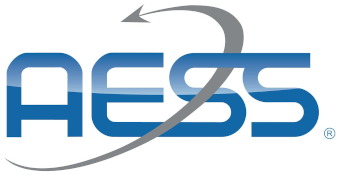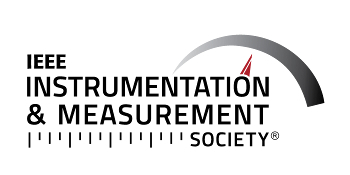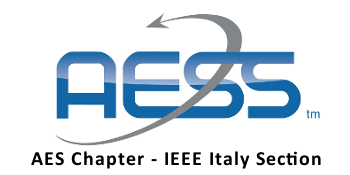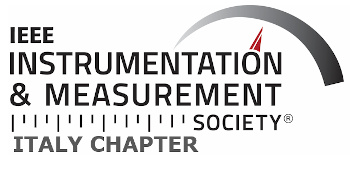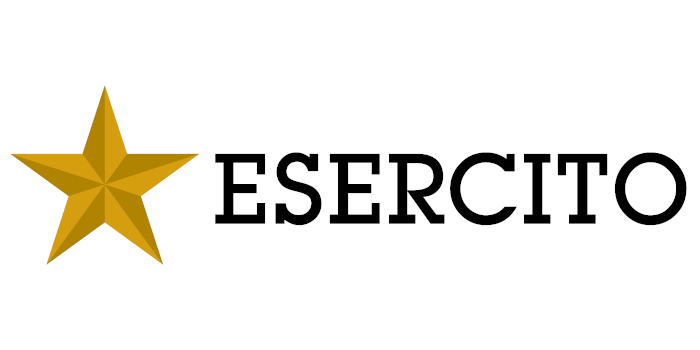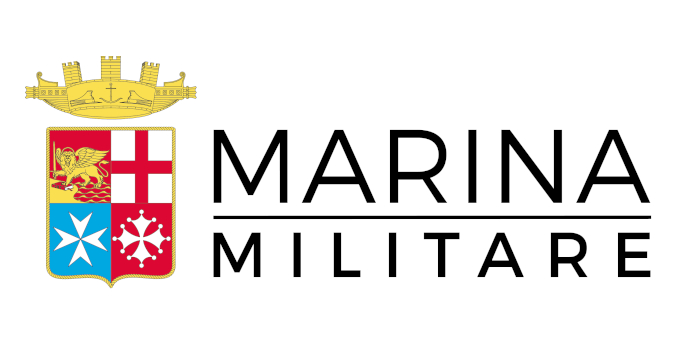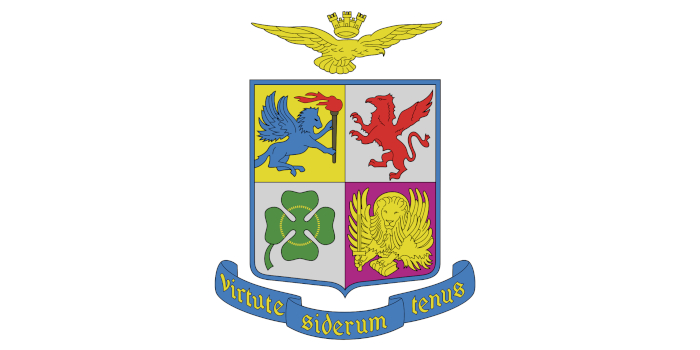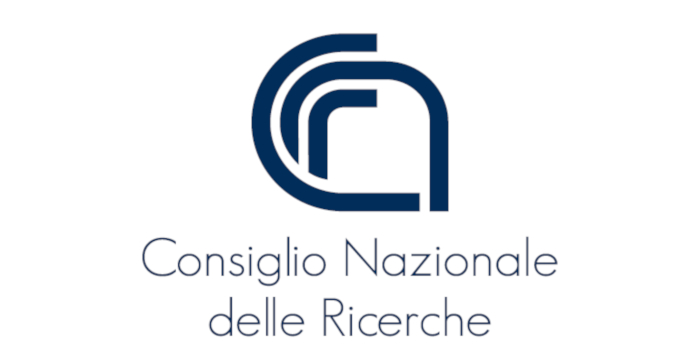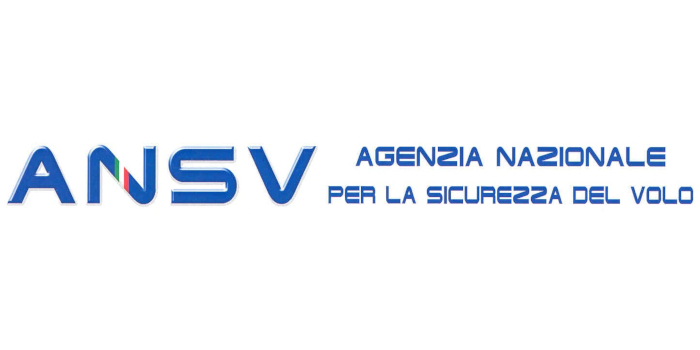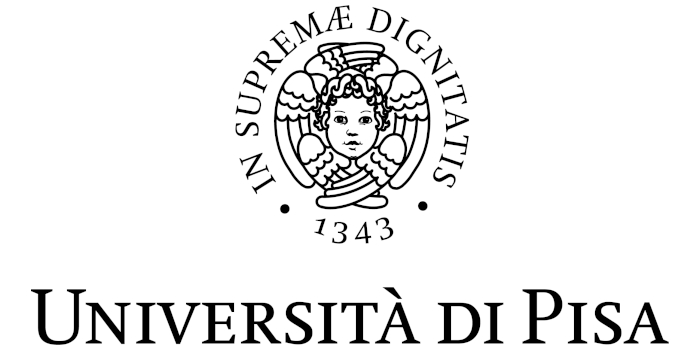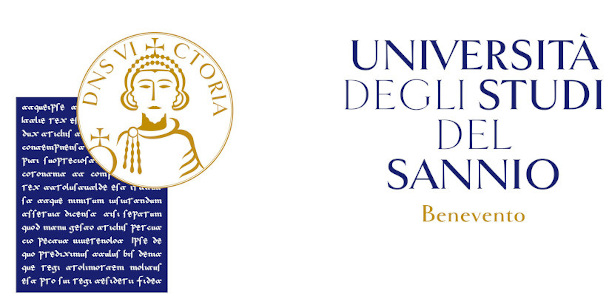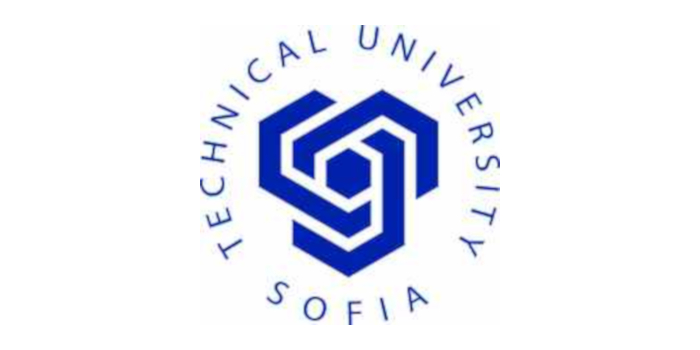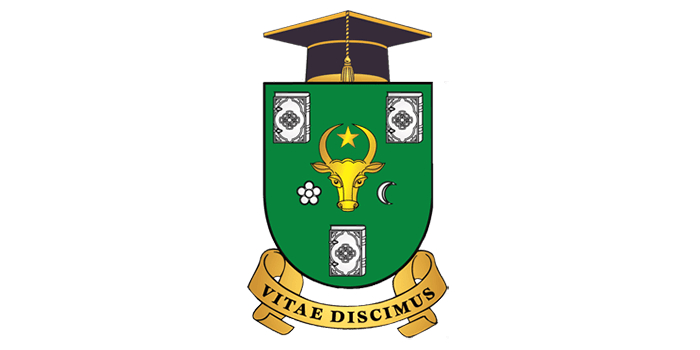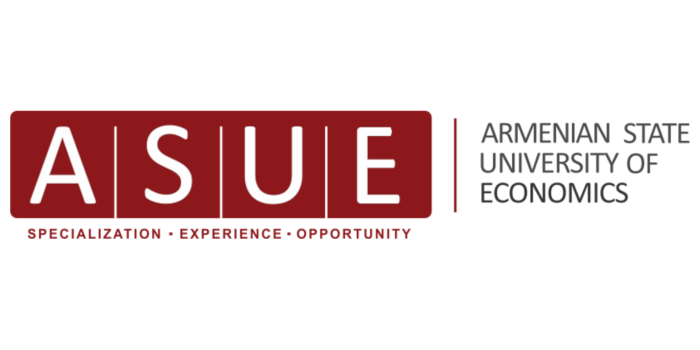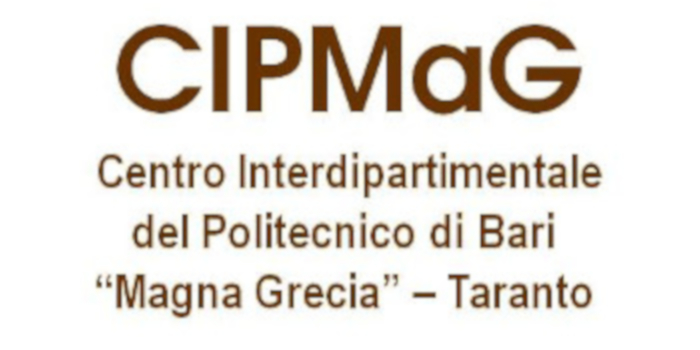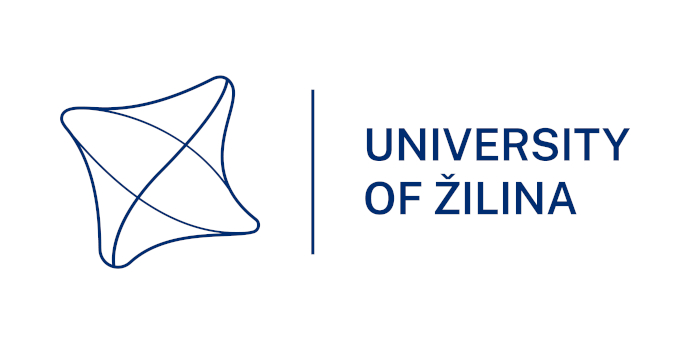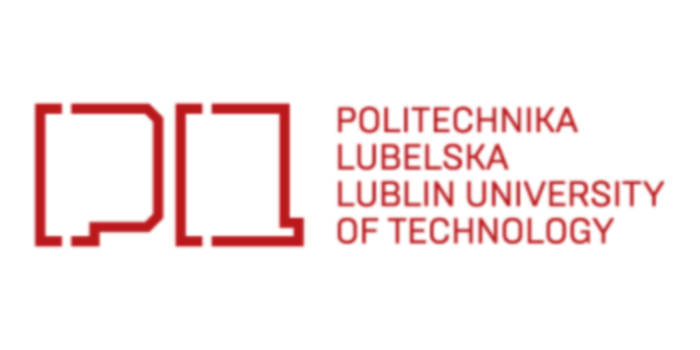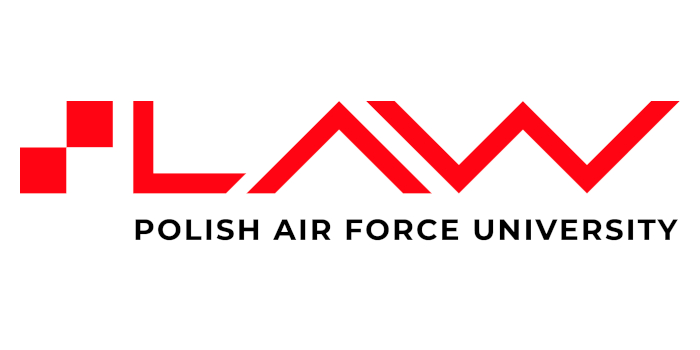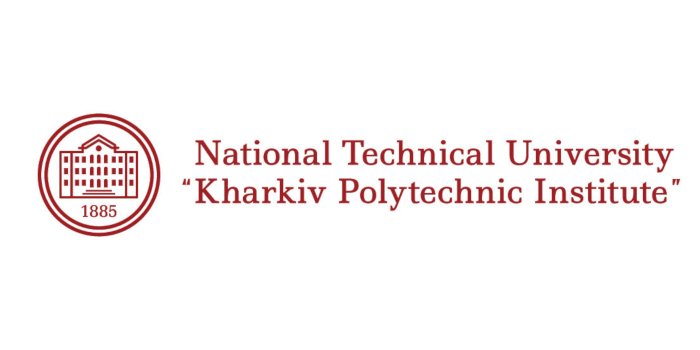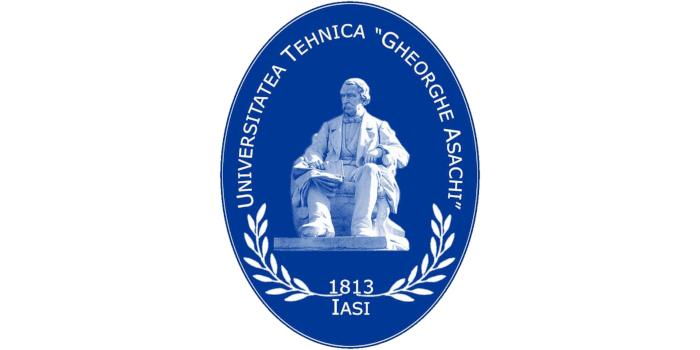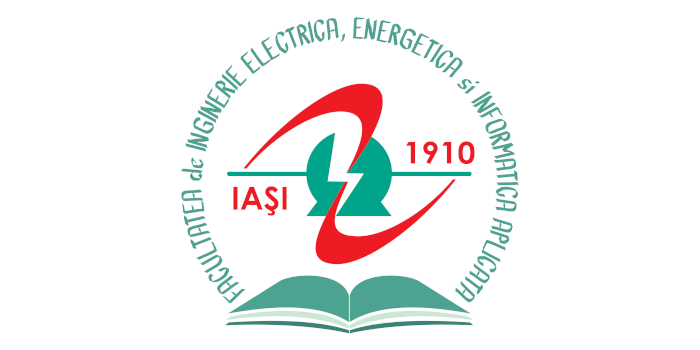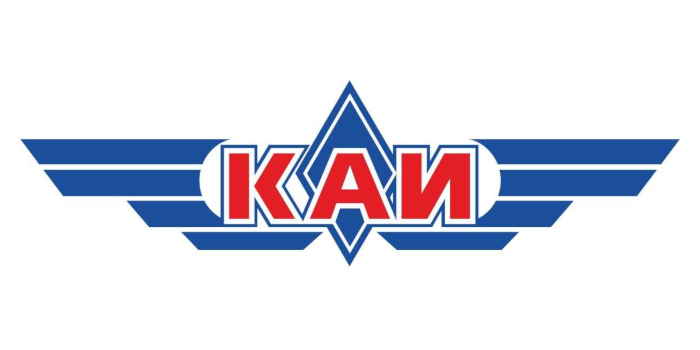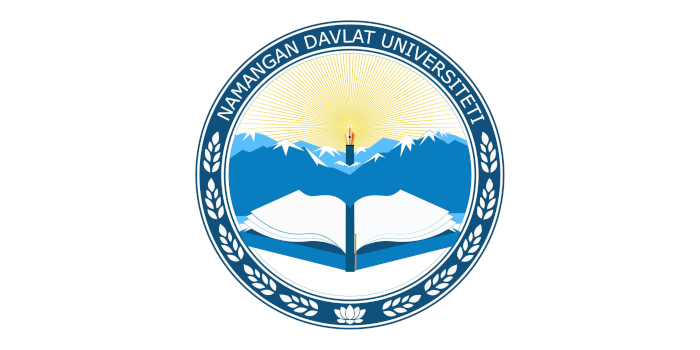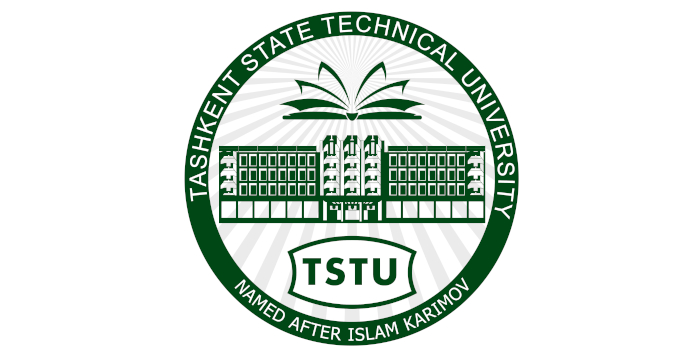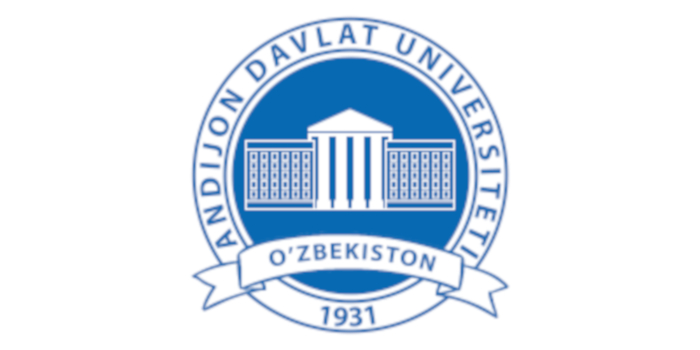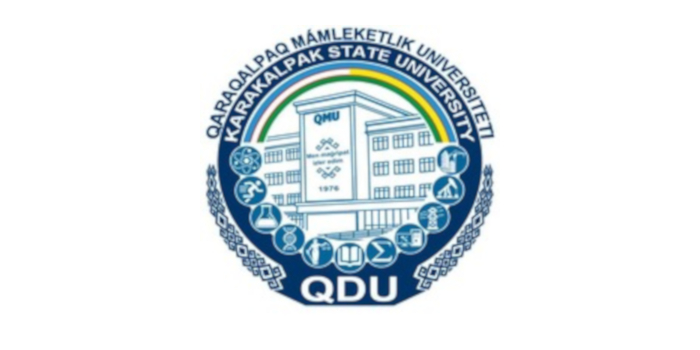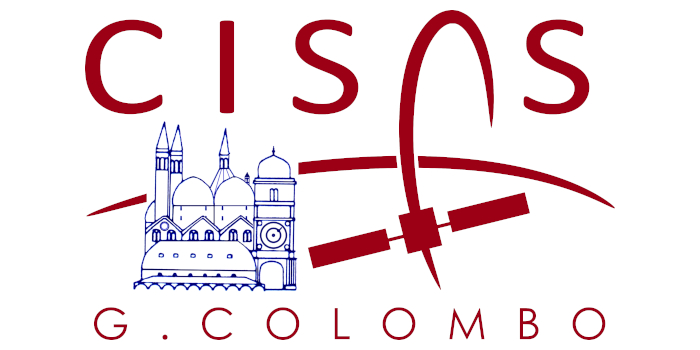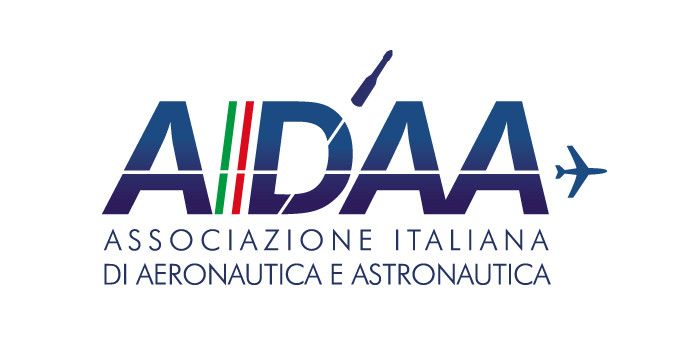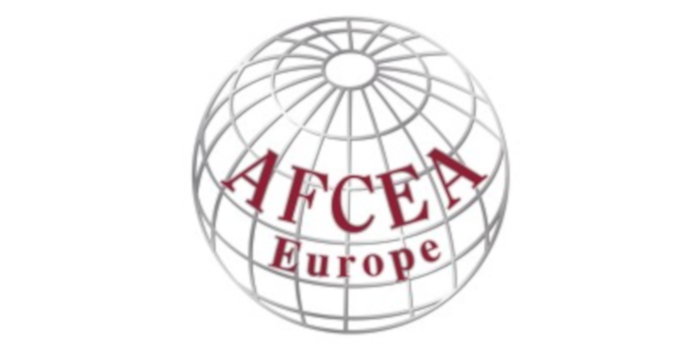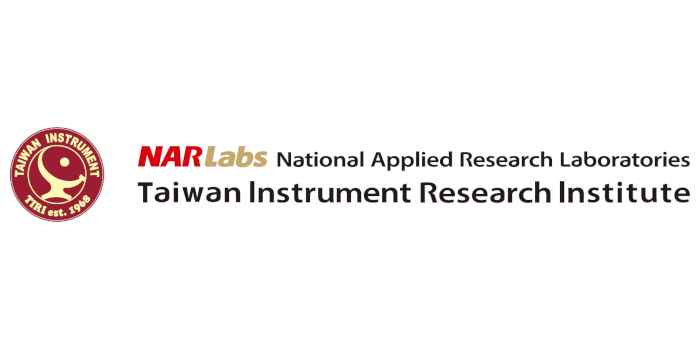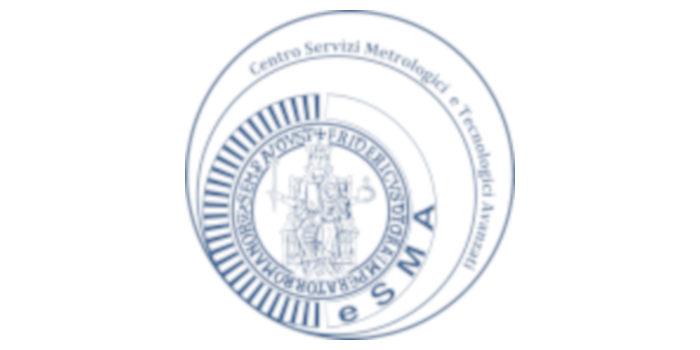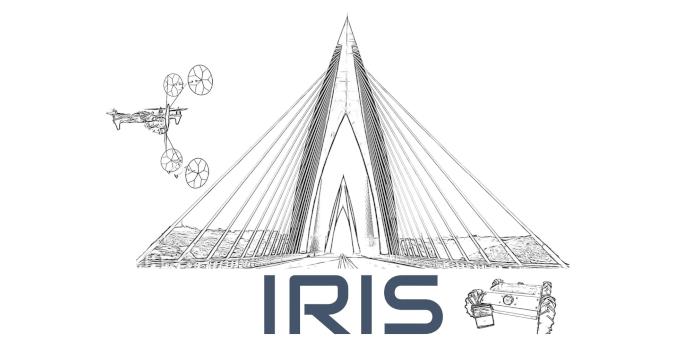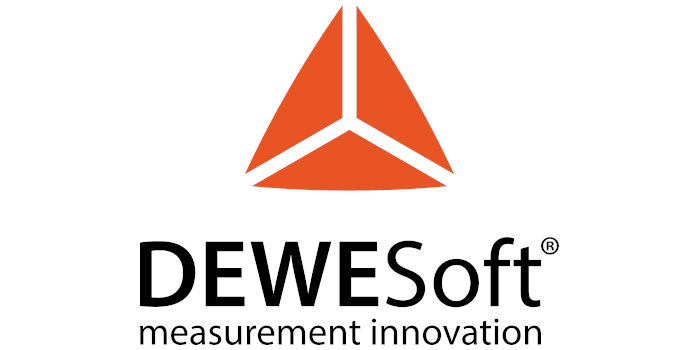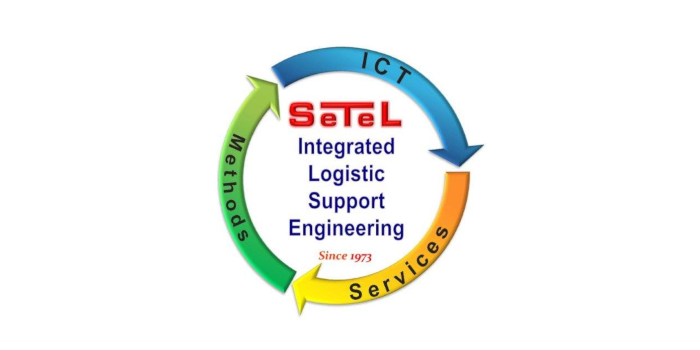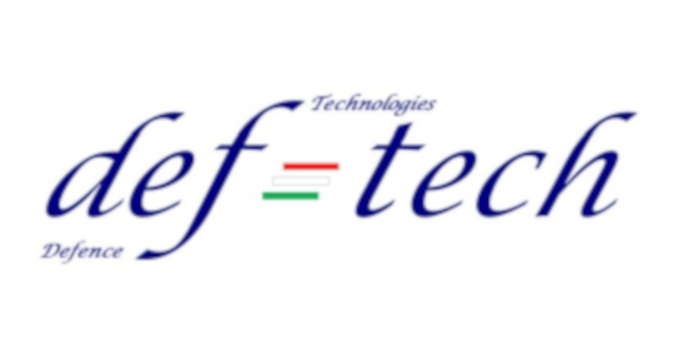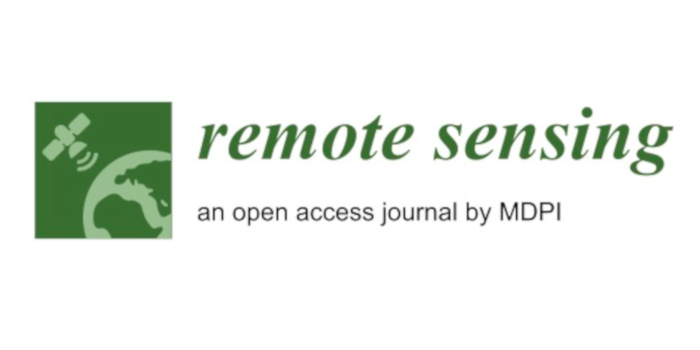Sensors and Solutions for Autonomous Aerospace Systems
ORGANIZED BY

Domenico Accardo
University of Naples Federico II

Giorgio De Alteriis
University of Naples Federico II
ABSTRACT
Increasing the levels of autonomy for Aerospace Vehicles is an important task for the future systems to be developed. Autonomy is needed by Unmanned Aircraft Systems and Drones to support functions where the control of remote operator can be limited, such as operations in GPS Challenging Conditions, Beyond the Visual Line-Of-Sight, and Sense and Avoid. New aerial platforms are being developed, such as Urban Mobility Systems that will require autonomy to support piloting with reduced skills in complex environments, such us Very Low-altitude Airspace over urban areas. Traffic management systems such as traditional Air Traffic Management and future Unmanned Traffic Management will require autonomy for several innovative functions, such as Traffic Flow Management, Self-separation, and Autonomous Identification. Autonomy is required for coordinated flight of platforms, e.g. flocking of drones. Coordinated autonomous operations are planned that include also terrestrial and naval platforms. Finally, Space Systems operate most of the mission in fully autonomous control, from Low Earth Orbit satellites to Deep Space interplanetary spacecrafts and rovers. Autonomy will require development of specific sensors that will be needed to replace human awareness, i.e. sensing accelerations, rotation rates, presence of stationary and moving obstacles. Autonomy requires specific solutions to overcame technical issues but also reliability and ethics concerns. The session encourages the submission of papers that address all the above mentioned subjects to support an updated overview about the state-of-art of research in this field.
ABOUT THE ORGANIZER
Domenico Accardo, is Associate Professor in the fields of Air Traffic Management and Avionics at University of Naples “Federico II”, Italy. He owns a PhD degree in Aerospace Science and Technologies. He has been Principal Investigator for several research projects in the fields of Sensors and Systems for Aerospace Guidance, Navigation, and Control and Air Traffic Management with funds from the European Union, CIRA, National Aerospace Companies, and local Small and Medium Aerospace Enterprises. He has published 98 articles for International Journals and International Conferences in the Aerospace Systems field that are scored by Scopus and ISI Thomson. He is first inventor of an International Patent related to a Trajectory Prediction System for Air Traffic Management applications. He has been reviewer for several International Journals such as IEEE Transactions on Aerospace and Electronic Systems, Pattern Recognition Letters, Algorithms, Autonomous Robots and Aerospace Systems and Technologies. He is Senior Member of American Institute of Aeronautics and Astronautics (AIAA) and he has been chair of AIAA Sensor Systems and Information Fusion Technical Committee.
Giorgio De Alteriis, received his Ph.D. degree in Technology, Innovation, and Management from the University of Naples Federico II (at the Department of Industrial Engineering - DII) and the University of Bergamo (at the Department of Management, Information and Production Engineering) in 2022. He received his M.S. degree in Electronic Engineering from the University of Naples Federico II, at DII and the Department of Electrical and Computer Engineering (DIETI). His Ph.D. studies focused on mechanical and thermal measurements and navigation and guidance control using MEMS technology for inertial navigation, both for measurements and data fusion algorithms. He has also participated in research projects on the definition, implementation, and realization of redundant inertial sensor systems for the Internet of Things, on the implementation and procedures for the certification of embedded devices for acceleration and vibration measurement in bridges, and on the experimental verification of a redundant sensor for structural applications. His research activity is currently focused on innovative methods based on a redundant MEMS IMU configuration for bias and drift compensation, on the research of innovative techniques for accurate attitude measurements of manned and unmanned aircraft, on the realization of microcontroller and sensor-based solutions for IoT distributed monitoring systems, and on the use of 5G-based technologies for accurate position measurements.


